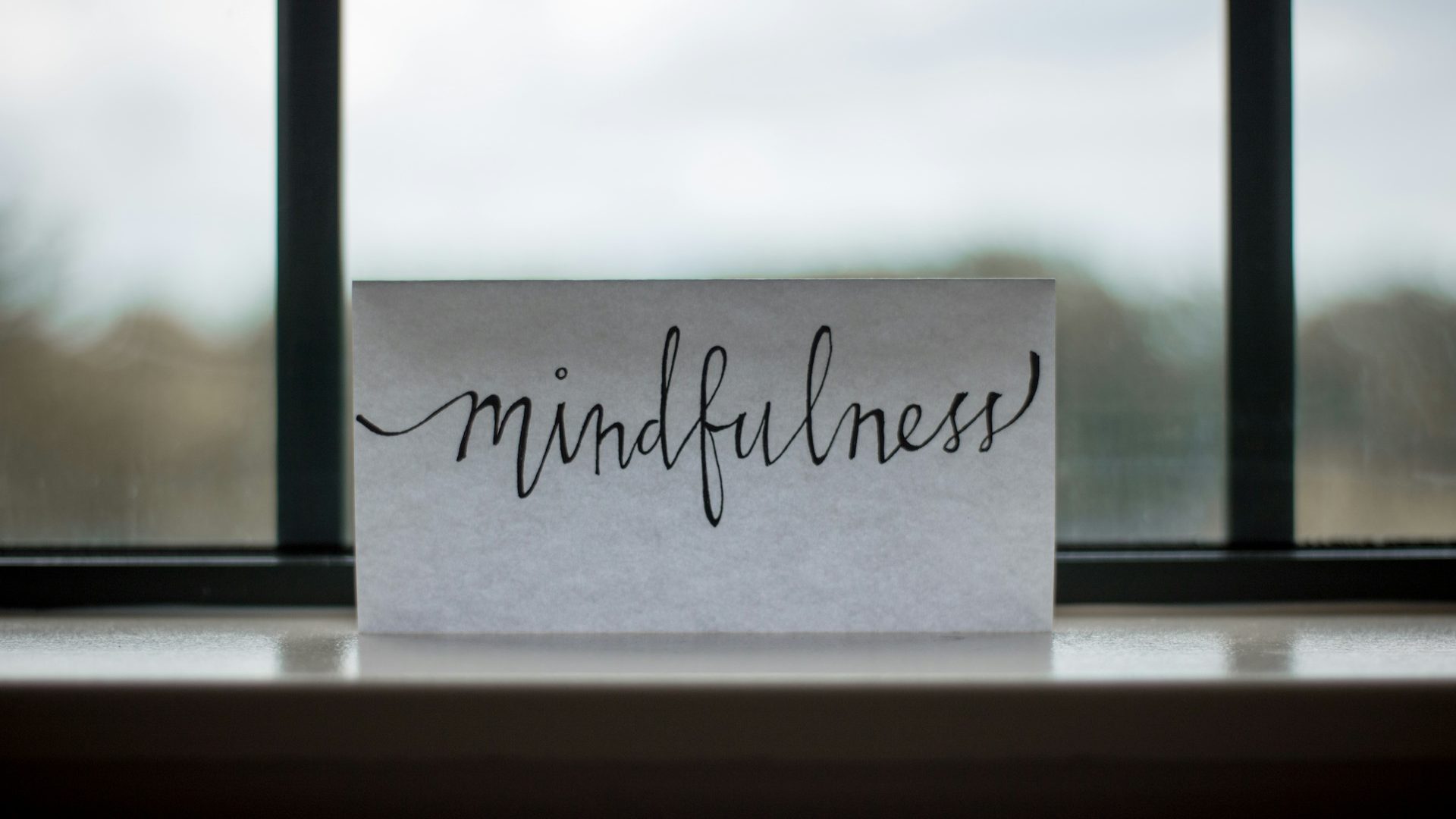The primary objective of this training course is to equip teachers and educators with the knowledge, skills, and practices necessary to cultivate personal well-being and integrate mindfulness and meditation techniques into their professional and personal lives. Through experiential learning and interactive sessions, participants will develop a deeper understanding of mindfulness principles and learn practical strategies to promote well-being in themselves and their educational environments.
Day 1: Understanding Mindfulness (4 hours)
- Introduction to mindfulness: Definition, origins, and benefits.
- Experiential practices: Guided mindfulness meditation sessions to introduce participants to mindfulness techniques.
- Discussion on the relevance of mindfulness in education and its potential impact on teaching and learning.
- Mindfulness in daily life: Exploring ways to incorporate mindfulness into daily routines.
Day 2: Cultivating Presence and Resilience (4 hours)
- Cultivating present moment awareness: Practices to enhance attention and focus in teaching and interactions.
- Building resilience: Strategies for managing stress, enhancing self-awareness, and fostering emotional regulation.
- Group discussions and sharing of experiences: Reflecting on the challenges and opportunities of integrating mindfulness into professional and personal life.
Day 3: Mindfulness in the Classroom (4 hours)
- Applying mindfulness in educational settings: Strategies for creating a mindful classroom environment and fostering a culture of well-being among students.
- Mindful teaching practices: Techniques for incorporating mindfulness into lesson planning, classroom management, and student engagement.
- Role-play and case studies: Exploring practical scenarios and discussing effective implementation strategies.
Day 4: Compassion and Self-Care (4 hours)
- Cultivating compassion: Practices to develop empathy, kindness, and compassion towards oneself and others.
- Self-care for educators: Strategies for managing burnout, maintaining work-life balance, and prioritizing self-care.
- Group activities and reflection: Sharing self-care practices and developing personalized self-care plans.
Day 5: Integration and Action Planning (4 hours)
- Integration of learning: Reflecting on the insights gained throughout the training course and identifying key takeaways.
- Action planning: Developing personalized action plans to integrate mindfulness and meditation practices into participants’ professional and personal lives.
- Closing ceremony: Celebration of learning achievements and commitment to ongoing well-being practices.
By the end of the training course, participants will have gained the knowledge, skills, and confidence to cultivate well-being through mindfulness and meditation practices, both personally and professionally. They will be equipped to create nurturing and supportive educational environments that promote the holistic development of students and foster a culture of well-being within their schools and communities.
Upcoming sessions
Location: Roma
- September 2024: Week 1 (September 2 – 6)
- October 2024: Week 2 (October 7 – 11)
- November 2024: Week 3 (November 11 – 15)
- December 2024: Week 2 (December 9 – 13)
- January 2025: Week 3 (January 13 – 17)
- February 2025: Week 3 (February 17 – 21)
- March 2025: Week 3 (March 17 – 21)
- April 2025: Week 4 (April 21 – 25)
- May 2025: Week 4 (May 26 – 30)
- June 2025: Week 4 (June 23 – 27)
- July 2025: Week 5 (July 28 – August 1)
- September 2025: Week 1 (September 1 – 5)
- November 2025: Week 1 (November 3 – 7)
- December 2025: Week 2 (December 8 – 12)
